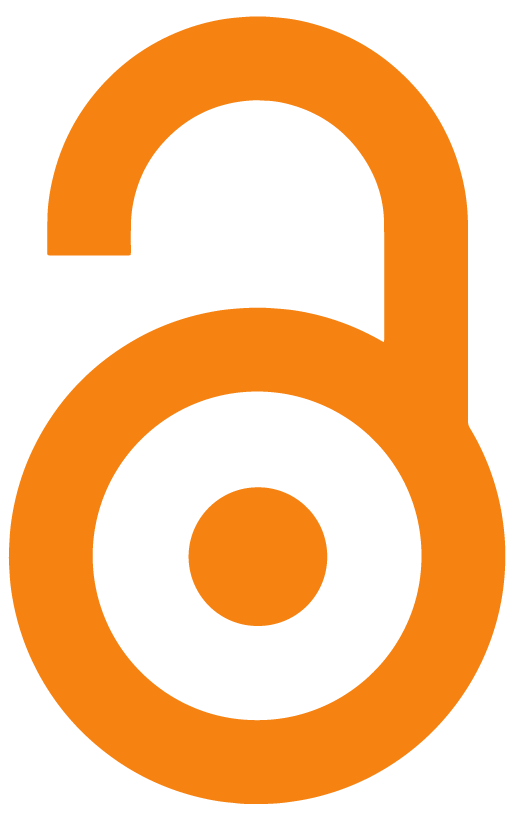 The relationship between the Open Access (OA) movement and the United Nations Sustainable Development Goals (SDGs) has a direct correlation on advocating for public access to information and its role in improving sustainable development. In 2015, the UN adopted the 17 Sustainable Development Goals as part of the 2030 agenda.
The relationship between the Open Access (OA) movement and the United Nations Sustainable Development Goals (SDGs) has a direct correlation on advocating for public access to information and its role in improving sustainable development. In 2015, the UN adopted the 17 Sustainable Development Goals as part of the 2030 agenda.
Libraries and Sustainable Development
To understand the importance of OA in this work, we must first understand what exactly this work looks like on the ground and how we collectively support and engage in these goals. First, we can acknowledge and address how academic libraries can and have assisted. The International Federation of Library Associations and Institutions (IFLA) has made “the power of libraries in achieving the Sustainable Development Goals” an initiative in its 2019-24 Strategic Plan (Beasley, 2021).
IFLA President, Donna Scheeder, believes that without open access to information there is no possibility for sustainable development whatsoever and that the work must start with libraries. During the September 2019 forum, she stated that there is “no meaningful, inclusive access to information without libraries” (UN, n.d.b). She further expressed that without libraries that are supported by the government the digital divide will quickly become an information and knowledge divide.
What Can Libraries Do to Help in Furthering the Agenda of the 17 SDGs?
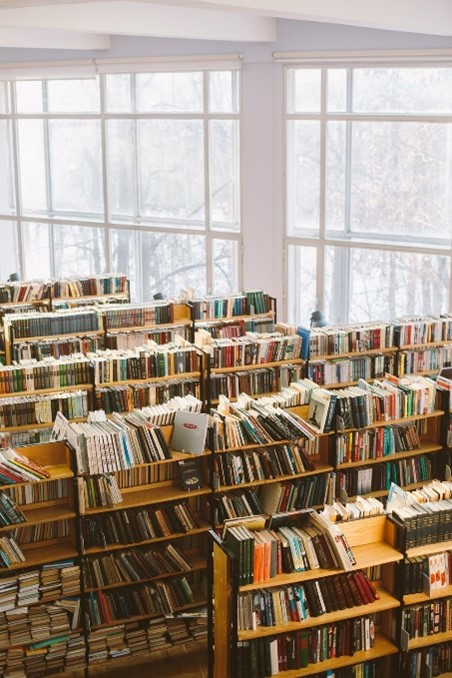
The IFLA provides an extensive number of resources and information for libraries to reference and use to support their work in furthering the agenda of the United Nations SDGs. One of these resources that the IFLA provides is an outline of the 17 SDGs and specific stories on how libraries and open access to information have contributed to furthering the agenda of each of the 17 SDGs. Another useful reference provided by the IFLA to further showcase these stories is their interactive Library Map of the World (International Federation of Library Associations and Institutions [IFLA], n.d.). In this map, you can select a country and read a list of success stories about the work of different libraries and open access forums. Additionally, attached to each story is a list of which SDG it has positively contributed to and how.
These stories show how Open Access and the role of libraries have touched on all 17 SDGs in some capacity.
Bringing Public Attention to the SDG’s
So, what do these stories look like? And what type of efforts are being made? One effort that libraries can make to advance the goals of Open Access and the SDGs is to bring more attention to the 17 SDGs. This can be done on platforms like their websites, social media, and public spaces. Libraries can explicitly and publicly declare their advocacy for the 17 SDGs and consistently share their agenda in these public spaces. These resources the IFLA provides with success stories and strategies are made for this purpose: to provide helpful information for libraries to pull from and share.
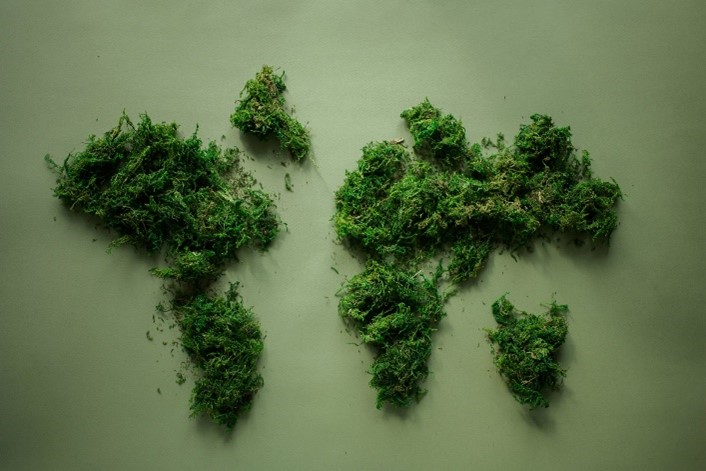
Drawing from the information provided by the IFLA, we see many strong examples of libraries addressing the 17 SDGs, including the work at the Nazarbayev University (NU) Library, in Kazakhstan. In 2017, the NU Library, in partnership with the NU Schools and the Consortium of Gender Scholars, organized a week-long information program around International Women’s Day. Ever since the library staff has organized what they call “Week of Women'' events. These events serve to increase awareness of the role and achievement of women and address gender inequality in a safe and open space. During these events, the staff focuses the conversations on what kind of work can be done by their community to “promote inclusivity, achieve gender equality, and deliver quality education in support of women’s advancement in Kazakhstan” (IFLA, 2020). An average meeting will discuss different social and political achievements of women in Kazakhstan; host panel discussions with mother scholars; have book displays and talks; and offer women storytelling events, film screenings, and engaging contests and competitions.
In this specific example, the IFLA states that the work done by this library works directly toward the advancement of five Sustainable Development Goals. The general work of the library staff and the “Week of Women” events support Goals 5 (Gender Equality) and 10 (Reduced Inequality) by continuously discussing and fostering research regarding the gender inequality faced by the women of Kazakhstan. Their work supports SDG 9 (Industry, Innovation, and Infrastructure) by using open data to create new opportunities for women and improve lives. In partnering with NU schools and different scholars, academic staff, and students, the library shows its strength in numbers. The story states that their first annual gender forum involved researchers, policymakers, and practitioners. These types of collaborations bring together people with similar experiences from different backgrounds, lifestyles, ages, occupations, etc. and assist in the development of SDG Goals 16 (Peace, Justice, and Strong Institutions) and 17 (Partnerships and Goals) (IFLA, 2020). The work promotes collective power and peaceful partnerships in facilitating effective discussions and teaching accurate and relevant information. The work is not exclusive to a certain group as it spans several departments and disciplines.
Innovative Efforts: Circumstantial to Environmental
The different ways in which libraries can make a positive impact regarding the SDGs and OA movement is not a finite list. Many examples of the work being done are specific responses to the social and political atmosphere. One story provided by the IFLA tells of a library located in the Galapagos Islands in Ecuador. In this environment, specifically, there is known to be a long list of embedded socio-economic, cultural, and ethnic differences and challenges. The overall reading, writing, and information skills are considered to be poor. The writing states that “In terms of infrastructure, communication with the mainland is limited, internet connection is weak, and the use of new technologies is limited to TV, bars, and the entertainment smartphones can offer” (IFLA, 2021). In addition, there are no known bookshops and public libraries on any of the islands.
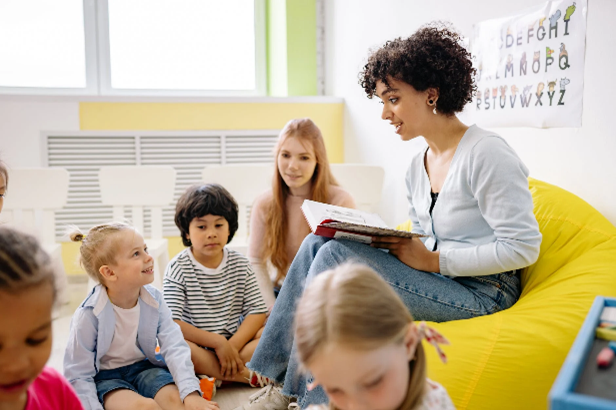
Then, in 2019, to combat these circumstances, came the creation of the mobile program “Travelling Libraries.” The Travelling Libraries provide books and both paper and digital materials to the people by packing the materials into suitcases and sending them to primary schools across the islands. The mobile library staff ensures that the materials are up-to-date and contain accurate and relevant information regarding Latin American literature and culture. The resources distributed cover the topics of sustainability, biodiversity, environmentalism, and a range of general educational materials. The staff also goes one step further to support the students and their teachers by being available via email or social media for any questions, comments, etc. The activities and materials are consistently revised and enhanced based on what they can provide with the resources accessible to them (IFLA, 2021).
There are many things outlined by the IFLA on what libraries can and are doing for the improvement of people's lives and sustainable development. This story specifically demonstrates that there are several different and innovative ways to provide access to information for all. There are many new ideas and methods that can be implemented to cater to the specific circumstances and challenges of the given environment. Making these strides must start with the support and funding of these librarians and their staff.
Teaching Digital and Media Literacy Skills
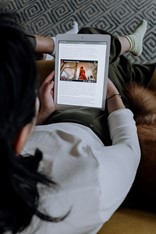
A library's fundamental responsibility is to provide quality resources in quantity. However, in today's environment, there is an additional challenge that librarians must consider. In the IFLA published document “How to Spot Fake News,” the author states that the battle librarians face more today than ever before is the influx of alternative facts and inaccurate information that contaminate the media environment.
The IFLA believes that to rectify this situation in our modern media environment, librarians should also teach both digital and media literacy skills. The IFLA states that “Digital and media literacy skills have become essential for citizens to navigate a media environment polluted by alternative facts” (UN, n.d.b).
In these libraries, it is just as important to provide the resources as it is to provide teaching on how to read and interpret these resources and how to find the most accurate. In the provided infographic, the IFLA wants librarians to teach citizens these key strategies to strengthen their ability to determine what is true and false when they are researching information. Determining what is accurate information is crucial to understanding the reality of their circumstances and the world around them. Someone may have all the access to information in the world, but if they cannot weed out the fake information, then all our objectives and work in sustainable development might as well take two steps forward and a thousand steps back.
A related infographic produced by IFLA and translated into over 30 languages has gone viral and is being used by librarians everywhere to teach strategies on how to spot fake news (IFLA, 2017).
Assisting Researchers and Academics Working With SDG-Related Material
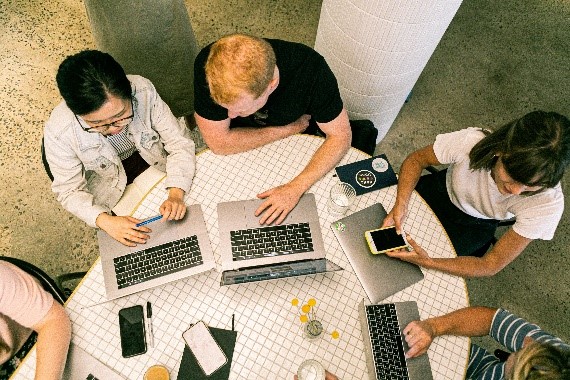
Libraries also can make large strides in supporting researchers who are involved and engaged in SDG-related content. Ideally, all librarians should be provided with a supportive environment in which they can take the time to seek out and identify academics and researchers who are working with SDG-related materials.
Libraries can assist by adding more books regarding SDG-related content to their collections. Having sufficient resources as an SDG-supportive library is of course crucial to provide for these researchers. As a baseline, the United Nations website provides a strong list of books they recommend adding (UN, n.d.c).
Librarians and library staff can also assist by providing advice, support, proper resources, and proper connections for the researchers they engage. Fortunately, this type of work is what most librarians are already trained to do.
Connections and Partnerships
Additionally, academic libraries can partner with certain allies on their campuses. The “OCLC Research Report on Social Interoperability in Research Support” outlines social and structural requirements to facilitate communication and collaboration across campuses. The report addresses who these partners can and should be when a library is searching for these connections as well as key practices for creating and maintaining successful cross-campus partnerships. The ability for libraries to make these cross-campus connections can be an intricate and complex system because of the fundamental layout of the university systems. However, OCLC Research states that these connections are crucial to the growth of these research support services offered by US research universities. The report includes research support services such as Research Data Management (RDM), Research Information Management (RIM), Research Analytics, and ORCID Adoption.
Invest in any of eContent Pro’s bundled services and receive an automatic 10% discount at checkout. Simply upload your document and select any of our bundles to receive the discount and be on your way to enhancing your work and increasing your chance of acceptance into the publication of your choosing. Get started today by uploading your document or contacting customerservice@econtentpro.com directly.
About eContent Pro: eContent Pro is a U.S.-based professional editorial and publishing services provider for authors, publishing houses, libraries, organizations, university presses, and societies. Offering professional copy editing, translation, scientific and scholarly editing, journal recommendation, typesetting, figure, chart, table, and equation conversions, as well as other production services, we have provided the highest quality editorial services and content advisement to scholarly outlets and individuals around the world. To learn more about eContent Pro, visit the website here or email customerservice@econtentpro.com.
REFERENCES
- Beasley, G. R. (2021, Oct. 8). Guest post — The UN’s sustainable development goals and open access: Gerald Beasley interviews Timon Oefelein. The Scholarly Kitchen. sspnet.org
- International Federation of Library Associations and Institutions. (n.d.). IFLA library map of the world. https://librarymap.ifla.org/stories
- International Federation of Library Associations and Institutions. (2017, Mar.). How to spot fake news. https://repository.ifla.org/handle/123456789/167
- International Federation of Library Associations and Institutions. (2020, Jan. 29). Library raises awareness and fosters research enabling gender balance and equality. https://librarymap.ifla.org/stories/Kazakhstan/LIBRARY-RAISES-AWARENESS-AND-FOSTERS-RESEARCH-ENABLING-GENDER-BALANCE-AND-EQUALITY/148
- International Federation of Library Associations and Institutions. (2021, Feb. 4). Travelling libraries increase conservation literacy and awareness in the Galapagos Islands. https://librarymap.ifla.org/stories/Ecuador/TRAVELLING-LIBRARIES-INCREASE-CONSERVATION-LITERACY-AND-AWARENESS-IN-THE-GALAPAGOS-ISLANDS/166
- United Nations. (n.d.a). High-level political reform. Sustainable Development Goals. https://sustainabledevelopment.un.org/hlpf
- United Nations. (n.d.b). Libraries and sustainable development. United Nations. https://www.un.org/en/library/libraries-and-sustainable-development
- United Nations. (n.d.c). Researching SDGs? The library can help. United Nations. https://www.un.org/en/library/researching-sdgs-library-can-help

